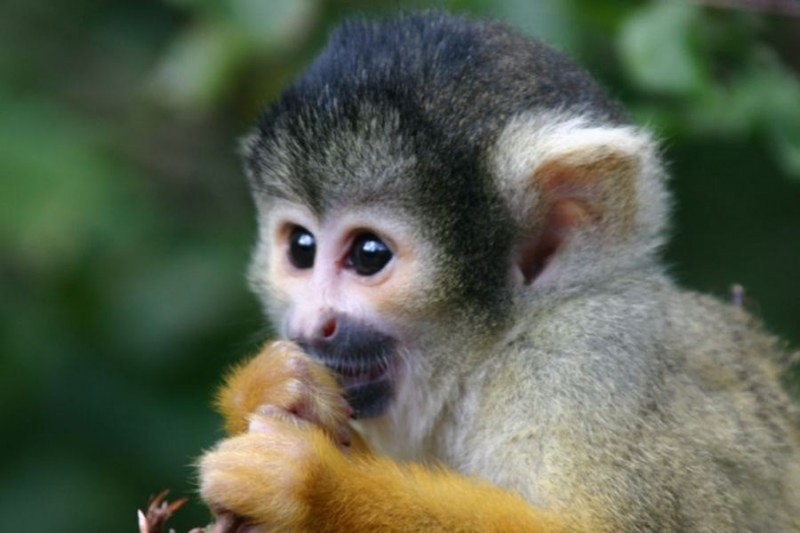‘The capuchin has a small brain, and it’s pretty much focused on food and sex,” said Keith Chen, a Yale economist who along with Laurie Santos, a psychologist, are the two researchers who have had made the study.
It’s exactly this selfish desires that they tried to exploit and experiment with great success after teaching capuchins to buy grapes, apples and Jell-O.
Instead of the dollar, however, a silver disc with a hole in its center was employed a means of currency for the capuchins. It took several months of repetition for the capuchins to learn that they could exchange such a token for fruit. After they understood this, each monkey was given 12 tokens to decide on how to spend it in her best interest on food valued at different prices. Researchers observed that the monkeys could very well budget.
Researchers then changed the market and put Jell-O at a lower price, to see if monkeys would buy less grapes and more Jell-O. They acted exactly like the current laws of economics dictate for humans as well.
They then taught them how to gamble, and saw they made the same irrational decisions a human gambler would make as well. The data generated by the capuchin monkeys, Chen says, ”make them statistically indistinguishable from most stock-market investors.”
On a particular day, a researcher cut circular slices of cucumber, similar to the discs that were handed out to the capuchin as money, and fed them to the monkeys instead of the usual cube-like shape. One of the monkeys took a slice, chewed a bit on it, and then immediately went to one of the researchers to see if she could buy something tastier with it. Oh, and then again there’s stealing too. Not a single monkey saved any of the tokens, but most of them tried to subtract a few more tokens when they were handed out. The monkeys were given tokens one at a time by inserting them in a separate chamber from that of their living quarters, but on one occasion everything sprung into chaos when a capuchin tried to make a run for it with a tray filled with tokens and ended up back with all the other monkeys. That was a tough time for researchers.
Something else happened then too, tough , in what’s maybe the most evident form of one’s grasp upon currency. The idea is that you can use money as a form of currency to exchange for goods or services, as in not just food. Well, one of the researchers, during the chaos event, observed how one of the monkeys exchanged money to another for sex. After the act was over, the monkey which was paid immediately used it to buy a grape…
source: http://www.zmescience.com/research/how- ... -appeared/
Dubai Forums Dubai Discussions Dubai General Chat
the message board for Dubai English speaking community


Monkeys And Money
- raintear
- Dubai forums Addict
-

- Posts: 342
- Location: Dubai AE
-
- Related topics
- Replies
- Last post
-
- The monkeys by uaekid » Jul 21, 2009
- 3
- by gcarlin37 |
Jul 21, 2009
-
- My Experience Sending Money Abroad with e& money by IMTWHISPERER » Sep 19, 2024
- 0
- by Guest |
Jan 01, 1970
-
- It's always about money by Concord » May 12, 2006
- 24
- by alexandra |
May 13, 2006
-
- MONEY is everything! by Deniz » Feb 18, 2007
- 41
- by Tropic23 |
Feb 20, 2007
-
- Money Changers by Gene » Dec 27, 2006
- 3
- by freza |
Dec 28, 2006
